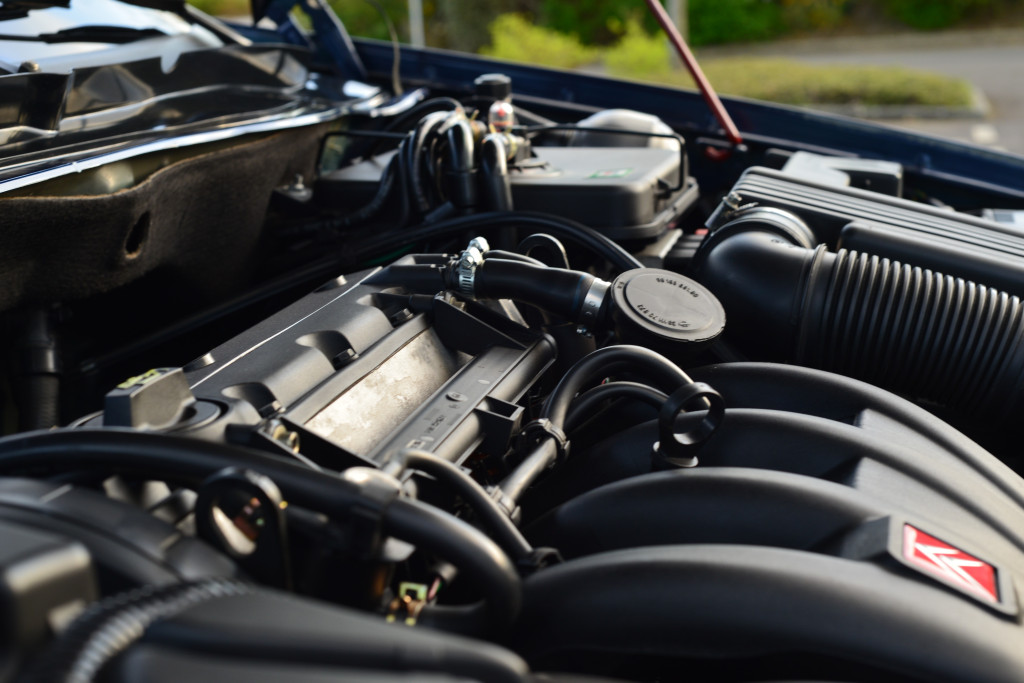When it comes to vehicle maintenance, your car's engine is akin to the heart of the system, responsible for the overall performance and longevity of your vehicle. It's often said that prevention is better than a cure, and that adage certainly rings true for your car’s engine health. Keeping your engine running smoothly isn't just about ensuring a smooth ride—it can also help you save on costly repairs and improve your vehicle's resale value. This article provides a straightforward, 15-point guide to help you get the most out of your car's engine and keep it purring for years to come. Let's dive in!
1. Regular Oil Changes
Regular oil changes are vital to keeping your engine running smoothly. The oil lubricates the moving parts of your engine and prevents excessive wear and tear. It also helps to keep the engine clean by collecting dust and debris. The frequency of oil changes will depend on your vehicle's make and model, so always refer to your owner's manual. Remember, clean oil equals a happy engine!
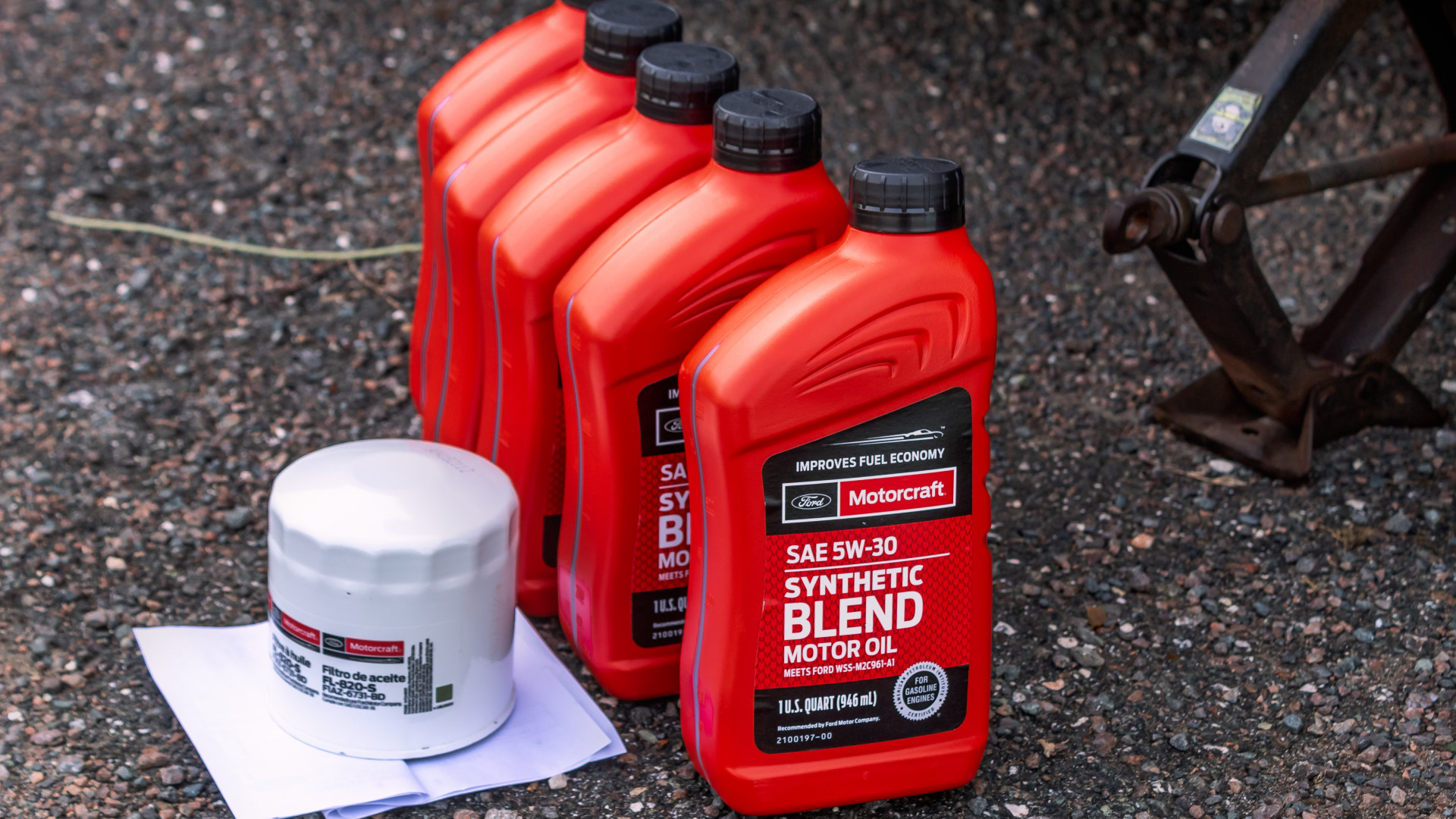 Photo by Rinald Rolle on Unsplash
Photo by Rinald Rolle on Unsplash
2. Maintaining the Cooling System
The cooling system is designed to prevent your engine from overheating, and maintaining it is crucial. This includes regularly checking and topping up the coolant levels and having the radiator flushed periodically. Over time, coolant can degrade, leading to a poorly performing cooling system and a hot engine. It's important to replace the coolant as recommended by the vehicle manufacturer.
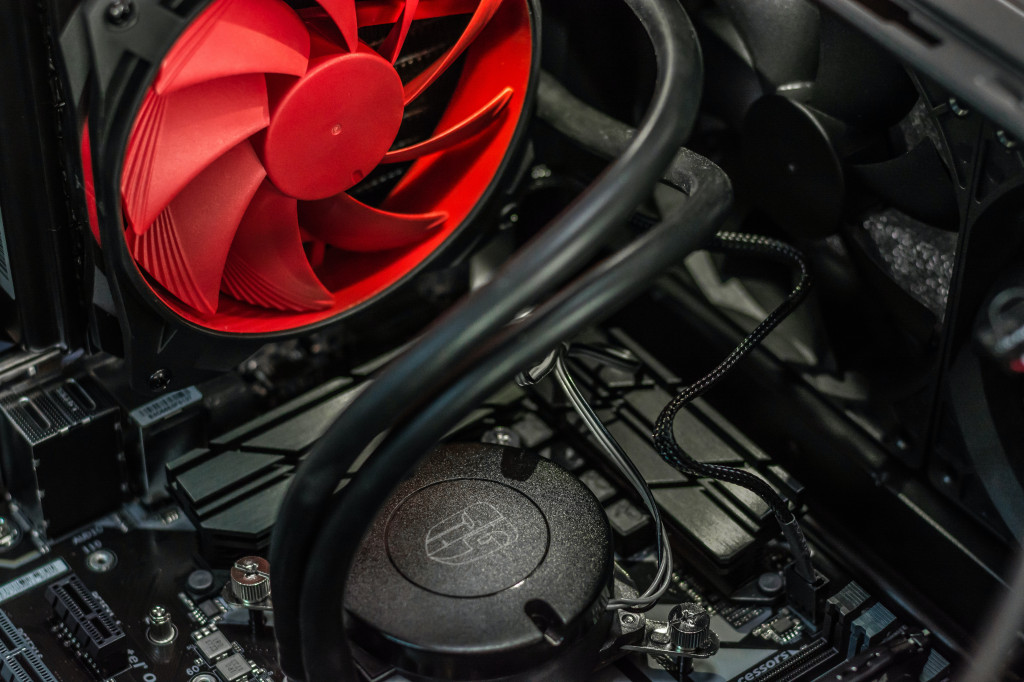 Photo by Alexandru-Bogdan Ghita on Unsplash
Photo by Alexandru-Bogdan Ghita on Unsplash
3. Clean Air Filters
Air filters keep out debris, dirt, and other contaminants from the engine. When clogged, they prevent efficient airflow, leading to reduced engine performance and increased fuel consumption. Air filters should be replaced every 12,000 to 15,000 miles, but this could vary depending on driving conditions. A clean air filter means a more efficient engine.
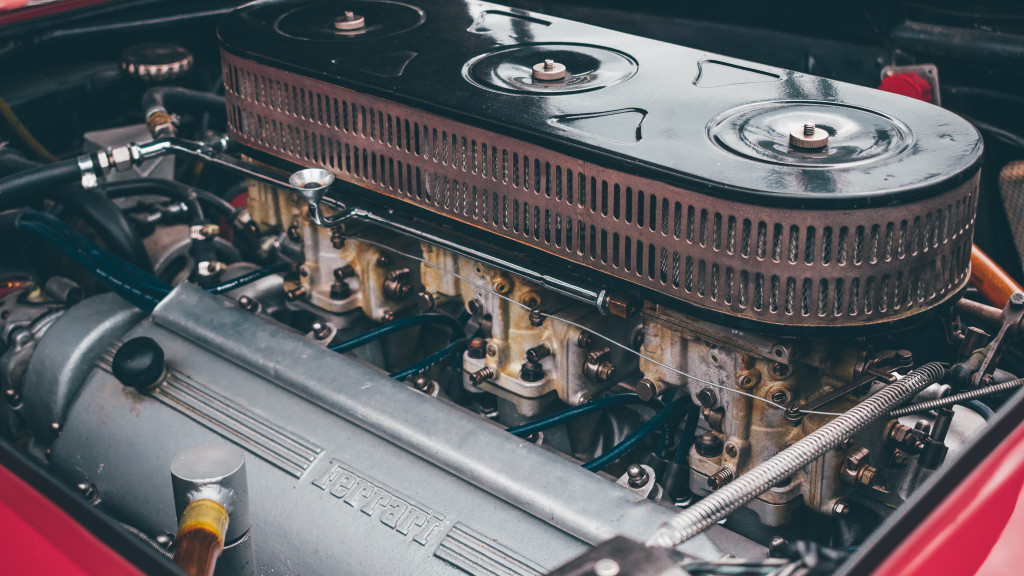 Photo by Kayle Kaupanger on Unsplash
Photo by Kayle Kaupanger on Unsplash
4. Changing Spark Plugs
Spark plugs are responsible for igniting the air/fuel mixture in the engine. Worn-out or dirty spark plugs can lead to inefficient combustion, affecting the engine's performance and fuel economy. Regularly inspecting and replacing spark plugs as necessary can help keep your engine running smoothly. Refer to your vehicle's manual for the recommended replacement intervals.
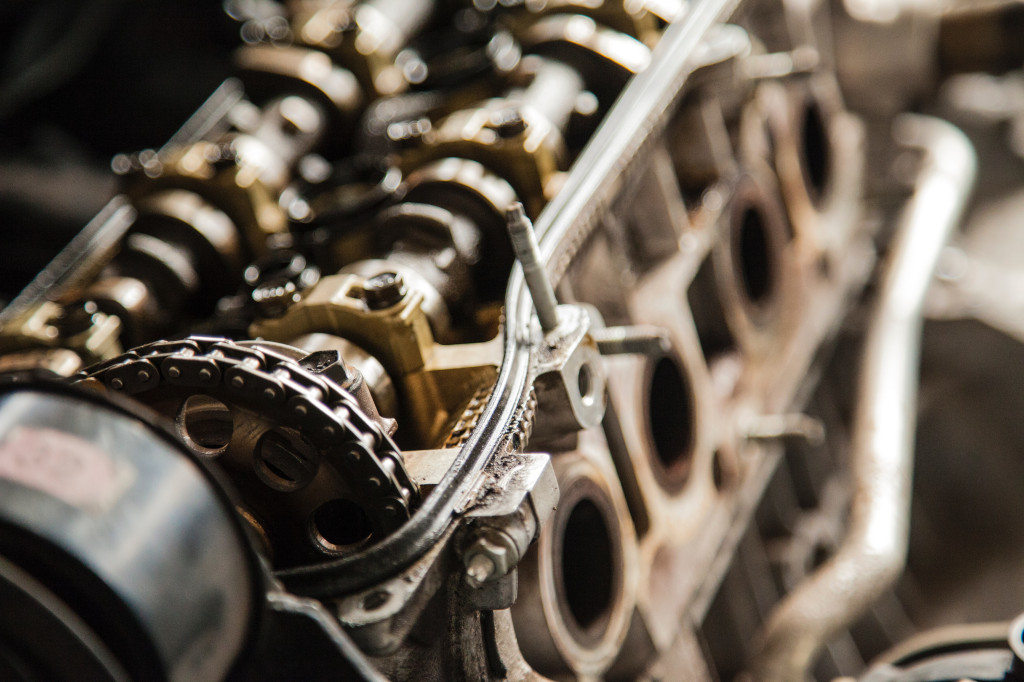 Photo by Kayle Kaupanger on Unsplash
Photo by Kayle Kaupanger on Unsplash
5. Regular Fuel Filter Replacement
The fuel filter removes impurities from the fuel before it enters your engine. A clogged fuel filter can restrict fuel flow, leading to poor engine performance. It's recommended to replace your fuel filter at intervals stated by your vehicle's manufacturer. Regular replacement will ensure a clean fuel flow, keeping your engine running smoothly and efficiently.
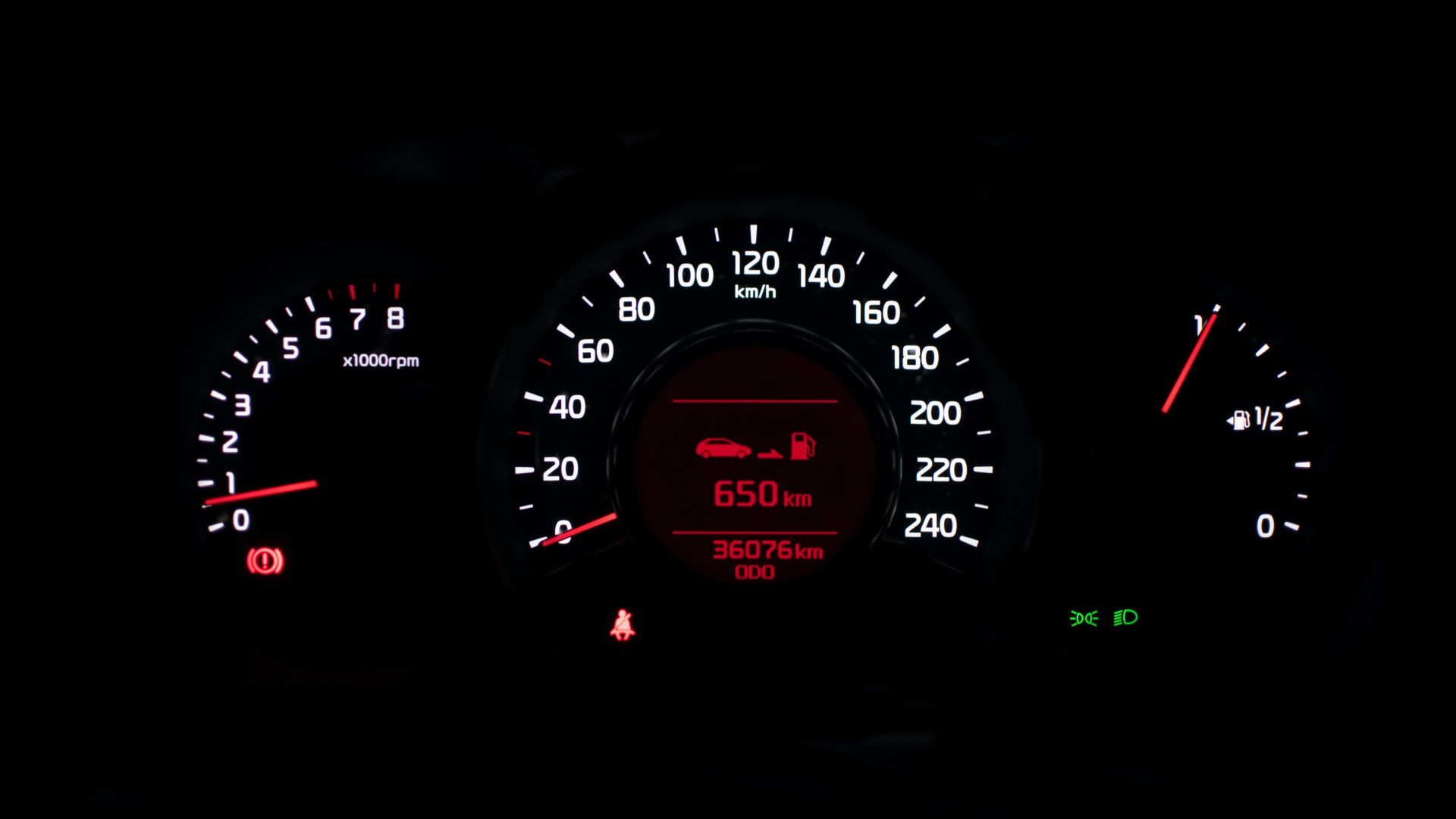 Photo by Marek Szturc on Unsplash
Photo by Marek Szturc on Unsplash
6. Using High-Quality Fuel
The type and quality of fuel you use can significantly affect your engine's health. Cheap, low-quality fuel may contain impurities that could cause deposits within the engine. These deposits can decrease your engine's efficiency and damage its components over time. Always fill up with high-quality fuel, as recommended by your vehicle manufacturer, to keep your engine running smoothly.
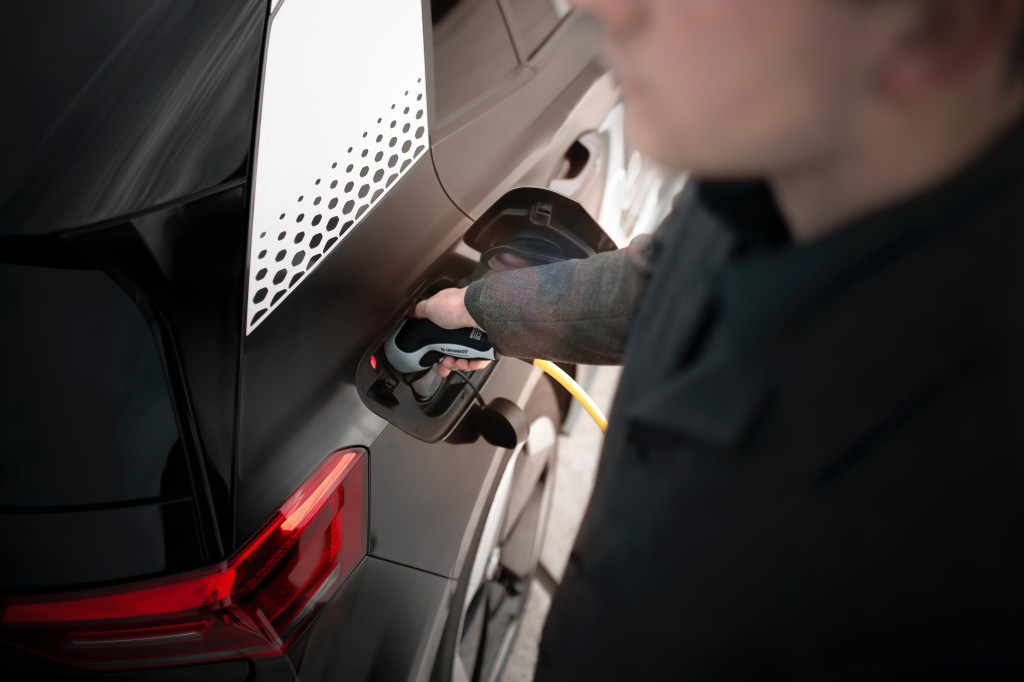 Photo by Maxim Hopman on Unsplash
Photo by Maxim Hopman on Unsplash
7. Regular Inspection of Belts and Hoses
Belts and hoses play crucial roles in your engine's functioning. Damaged or worn belts and hoses can lead to engine overheating and other severe issues. Regular inspections will help detect any signs of wear or damage early, allowing for replacements before they lead to bigger problems. A well-maintained engine has well-kept belts and hoses.
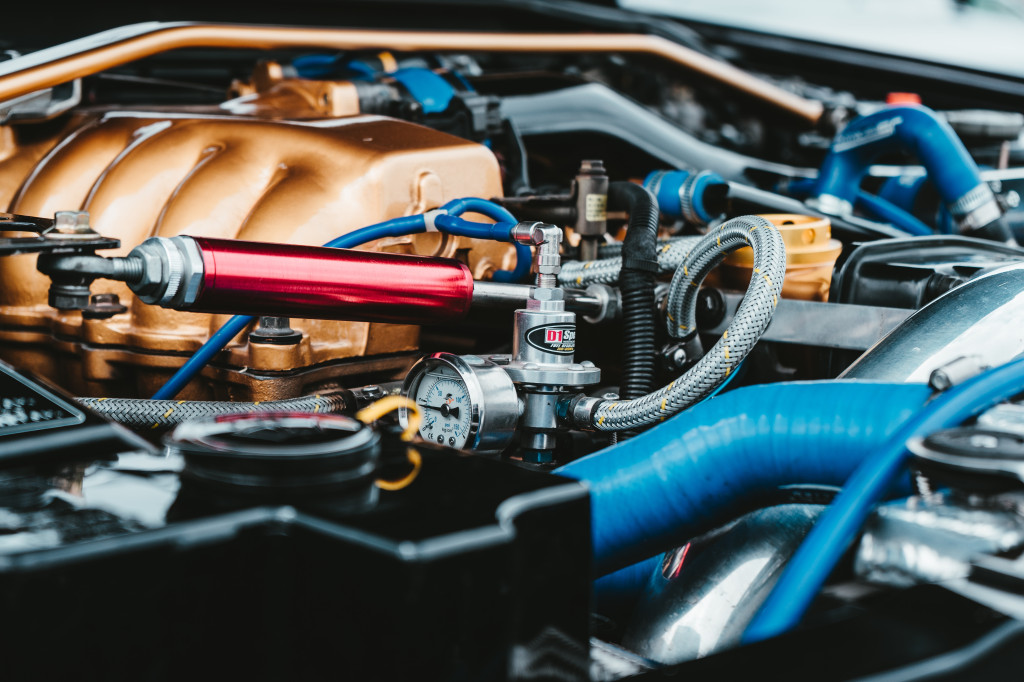 Photo by Julian Hochgesang on Unsplash
Photo by Julian Hochgesang on Unsplash
8. Checking and Replacing the Timing Belt
The timing belt is essential for synchronizing your engine's functions. A damaged timing belt can cause the engine to run poorly or even stop entirely, leading to expensive repairs. Most manufacturers recommend replacing the timing belt every 60,000 to 100,000 miles but consult your vehicle's manual for precise information. A well-timed engine is a well-running engine.
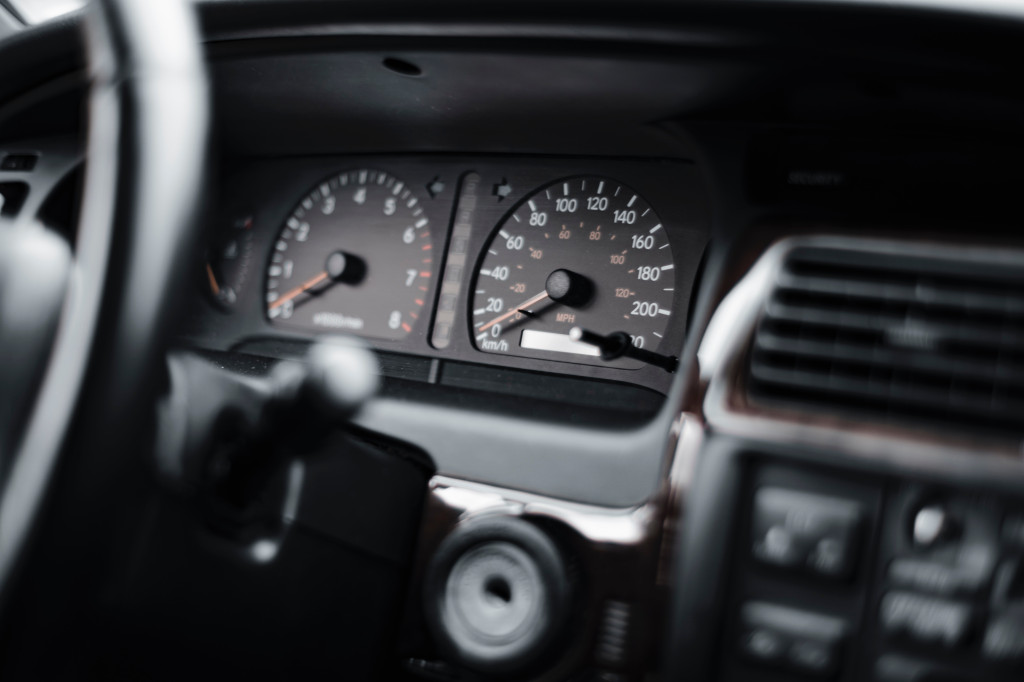 Photo by Alex Ramon on Unsplash
Photo by Alex Ramon on Unsplash
9. Maintaining Battery Health
Your car's battery isn't directly part of the engine, but a failing battery can strain the engine. Regular battery checks will ensure it maintains a proper charge, reducing strain on the alternator and the engine. If the battery is several years old or shows signs of weakness, consider replacing it to keep your engine running smoothly.
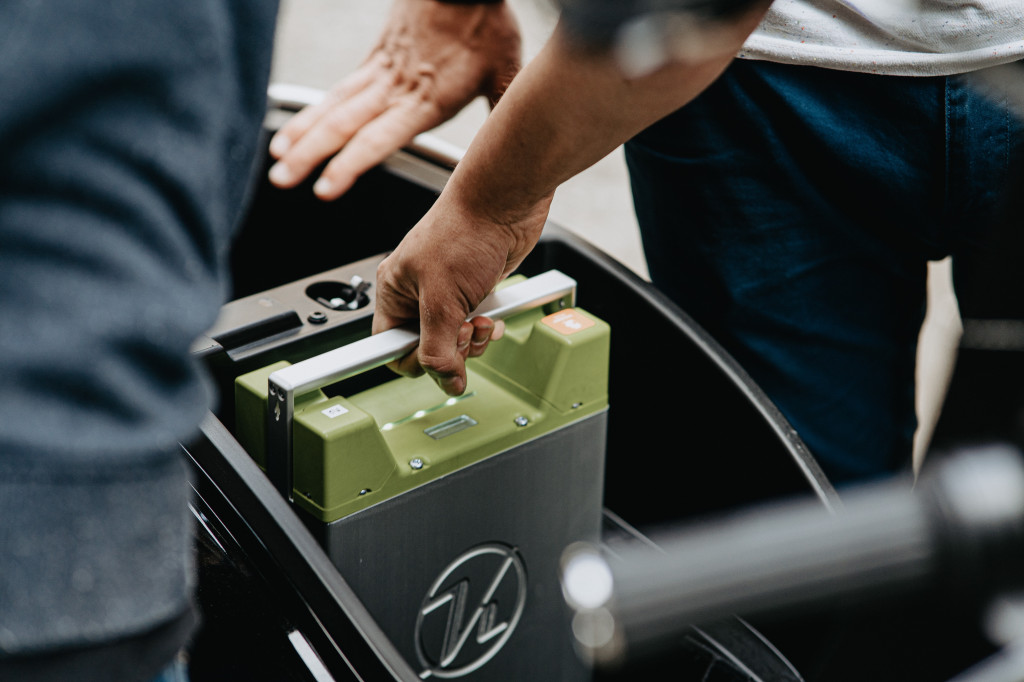 Photo by Kumpan Electric on Unsplash
Photo by Kumpan Electric on Unsplash
10. Checking Tire Pressure
Believe it or not, tire pressure can indirectly affect your engine. Improperly inflated tires can lead to uneven wear and poor handling, making the engine work harder. Check your tire pressure at least once a month and before long trips. Keeping tires at the recommended pressure will ensure optimal vehicle performance.
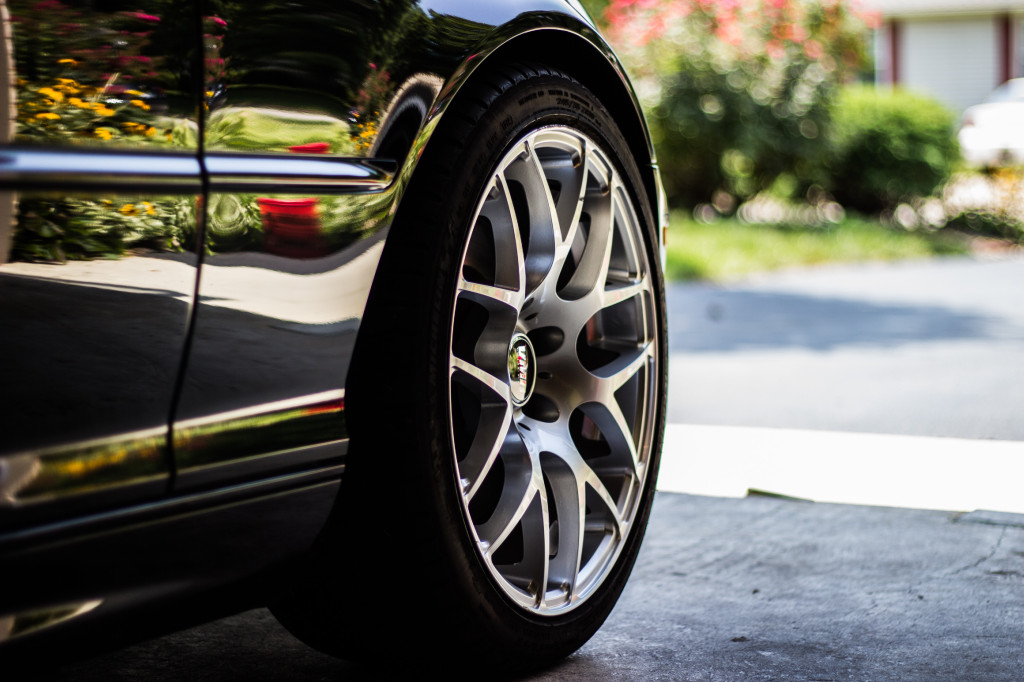 Photo by Mason Jones on Unsplash
Photo by Mason Jones on Unsplash
11. Proper Warm-Up
Cold engines are more prone to wear because the oil hasn't heated and circulated. Always allow your engine to warm up, especially in colder climates, before driving aggressively. This will enable the oil to lubricate all parts of the engine efficiently, extending the engine's lifespan and keeping it running smoothly.
12. Avoiding Heavy Loads
Overloading your vehicle can stress the engine, leading to excessive wear and decreased performance. Always be mindful of your vehicle's load capacity, which can be found in your owner's manual. If you regularly carry heavy loads, consider a vehicle designed for that purpose to avoid putting unnecessary strain on your engine.
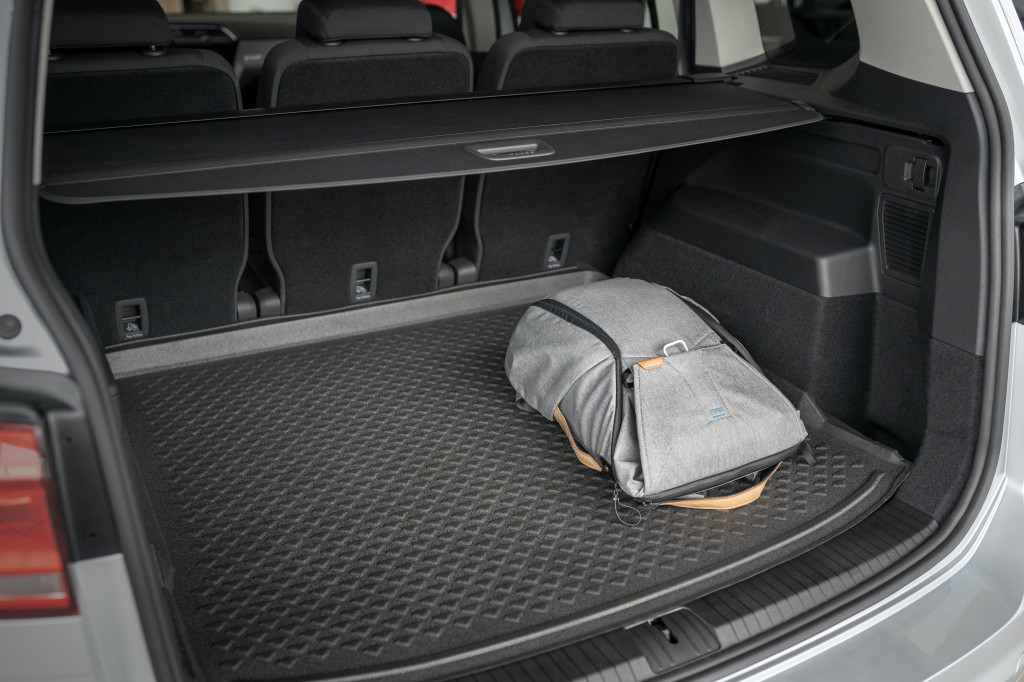 Photo by Andraz Lazic on Unsplash
Photo by Andraz Lazic on Unsplash
13. Regular Professional Checkups
Even with regular at-home maintenance, professional checkups are essential. Mechanics have the expertise and tools to diagnose and fix problems that might not be apparent to the average car owner. Regularly scheduled professional inspections will ensure that your engine stays in top condition and any potential issues are caught early.
 Photo by Nina Mercado on Unsplash
Photo by Nina Mercado on Unsplash
14. Keeping It Clean
Believe it or not, a clean car runs better! Regular cleaning prevents the buildup of dirt and debris, which can clog filters and lead to increased wear on the vehicle. Furthermore, washing and waxing your car can also help prevent rust, which can lead to severe damage if it reaches engine components.
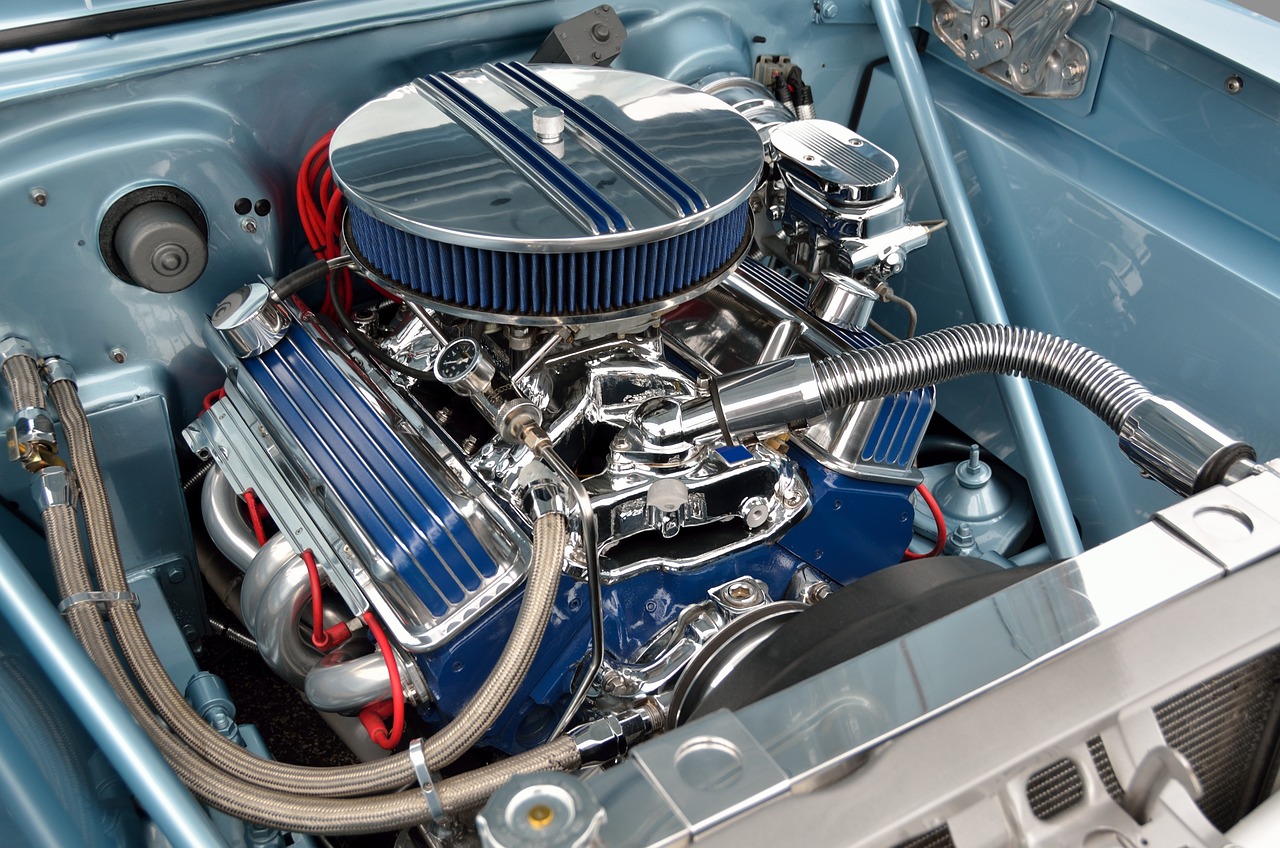 Image by Paul Brennan from Pixabay
Image by Paul Brennan from Pixabay
15. Driving Sensibly
Last but certainly not least, drive sensibly. Aggressive driving—rapid acceleration, speeding, and hard braking—can significantly decrease your engine's lifespan. By driving smoothly and responsibly, you can reduce wear on the engine and improve your fuel economy. Remember, your car's engine responds to how you handle your vehicle.
Keeping your engine running smoothly is all about regular maintenance and sensible driving habits. By following these 15 steps, you can ensure your vehicle performs optimally, saving you money and headaches in the long run.


